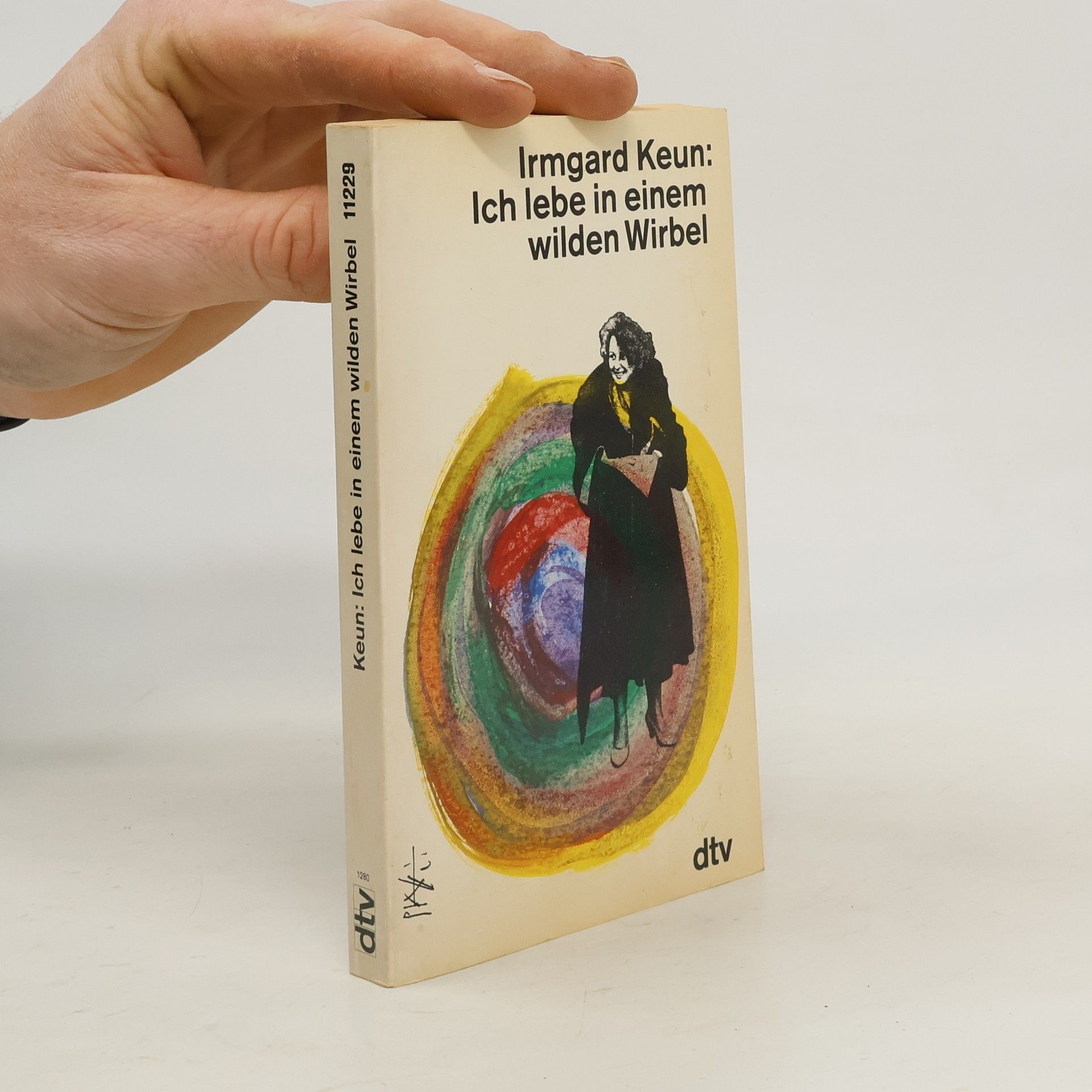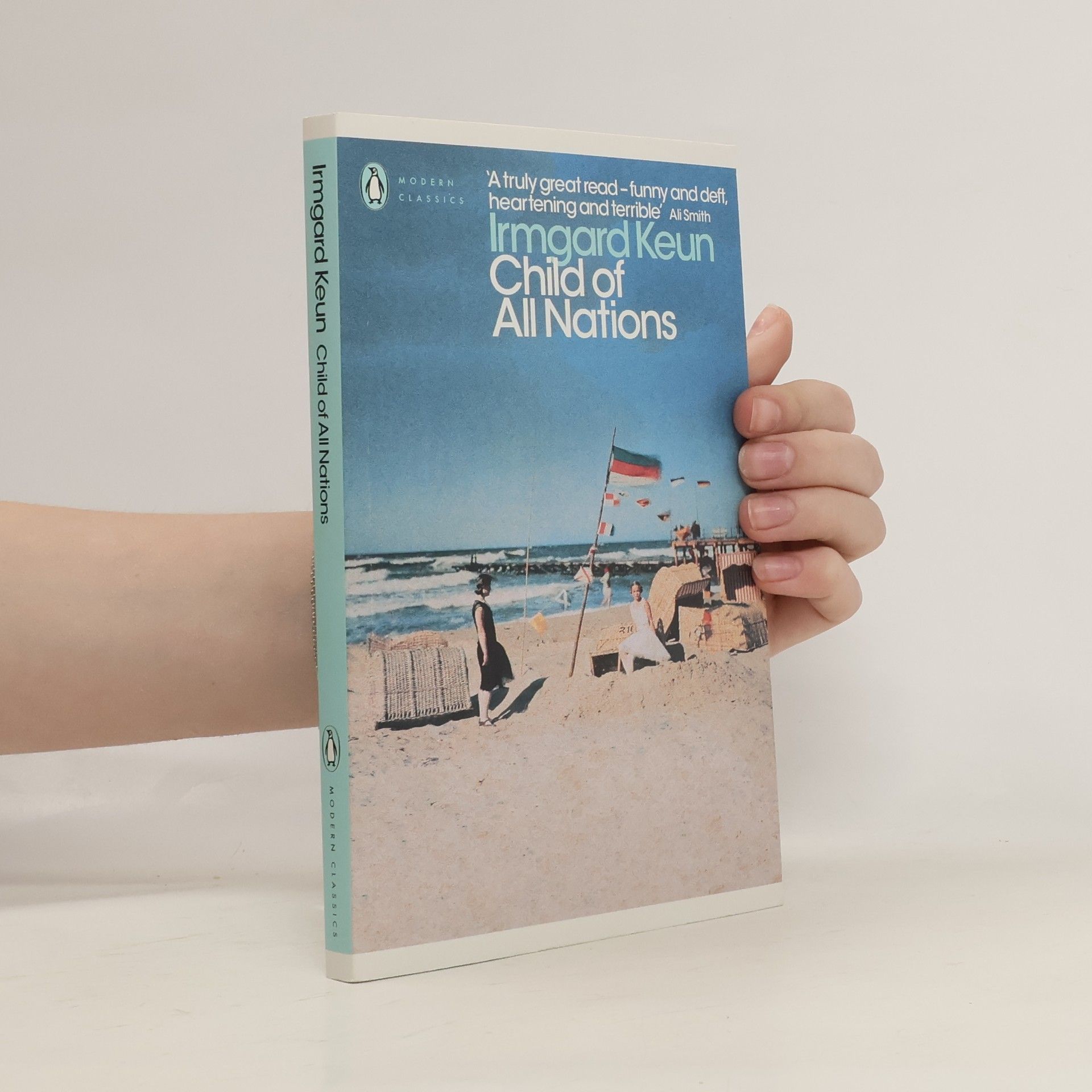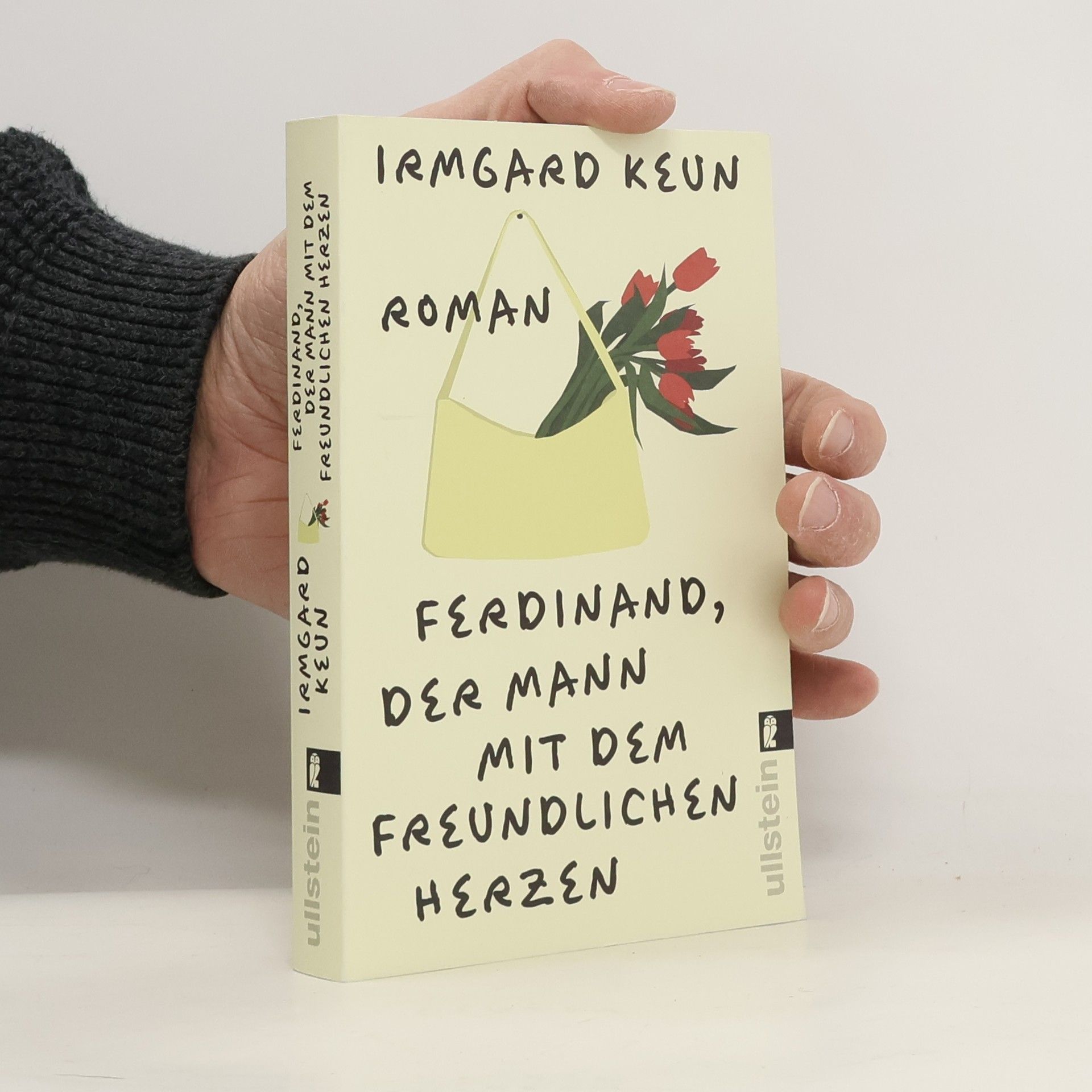Ferdinand, der Mann mit dem freundlichen Herzen
Roman | »Ferdinand ist ein Mann unserer Tage, eine provisorische Existenz, wie wir es ja mehr oder weniger alle sind.« Irmgard Keun
- 240 pages
- 9 hours of reading
Der freundliche Ferdinand ist zu sanft für die raue Welt um ihn herum. Auf einer Bank am Fluss trifft er Luise, und ehe er sich versieht, sind sie verlobt. Doch Ferdinand lebt ein prekäres und unstetes Leben in den Trümmern von Nachkriegsdeutschland. Leider lässt Luise sich davon nicht so leicht abschrecken. Um sie loszuwerden und sich so immerhin einer Verantwortlichkeit zu entledigen, versucht Ferdinand, einen neuen Bräutigam für Luise zu finden. Irmgard Keuns Porträt des jungen, weichherzigen Ferdinands gehört trotz aller Tragik wohl zu ihren humorvollsten und warmherzigsten Romanen. »Ferdinand ist ein Mann unserer Tage, eine provisorische Existenz, wie wir es ja mehr oder weniger alle sind. […] Er zeigt, daß sogar eine provisorische Existenz ihren Reiz haben kann.« Irmgard Keun (1950)







